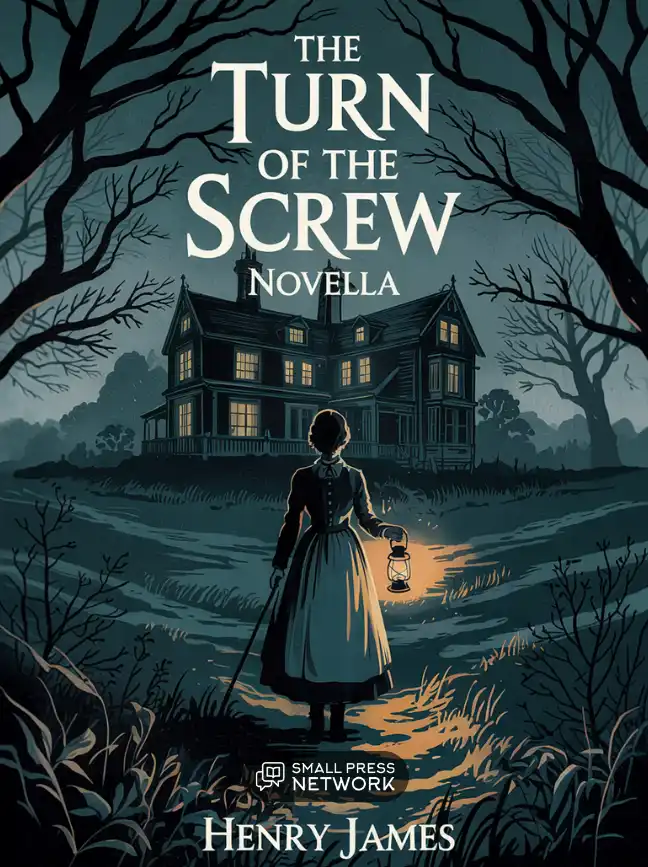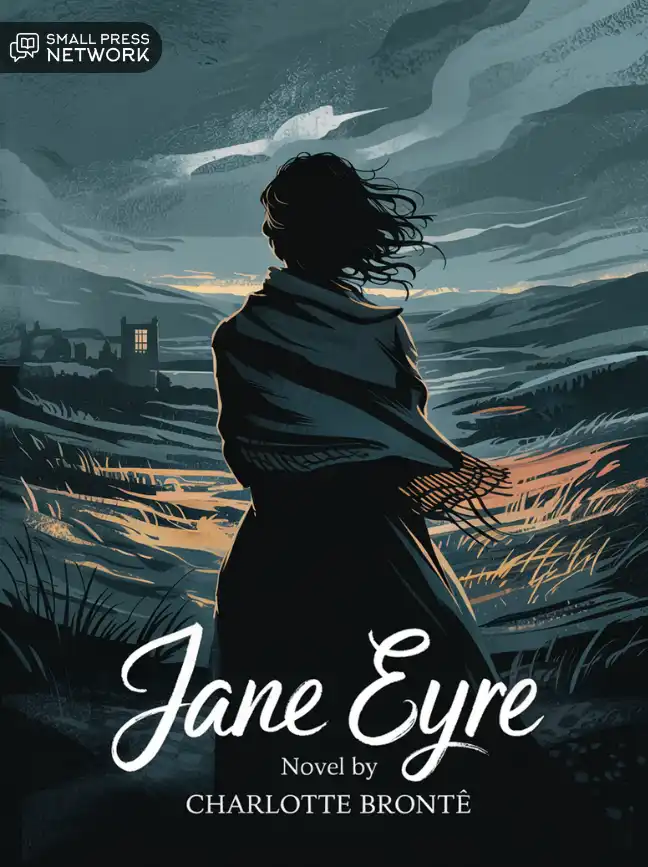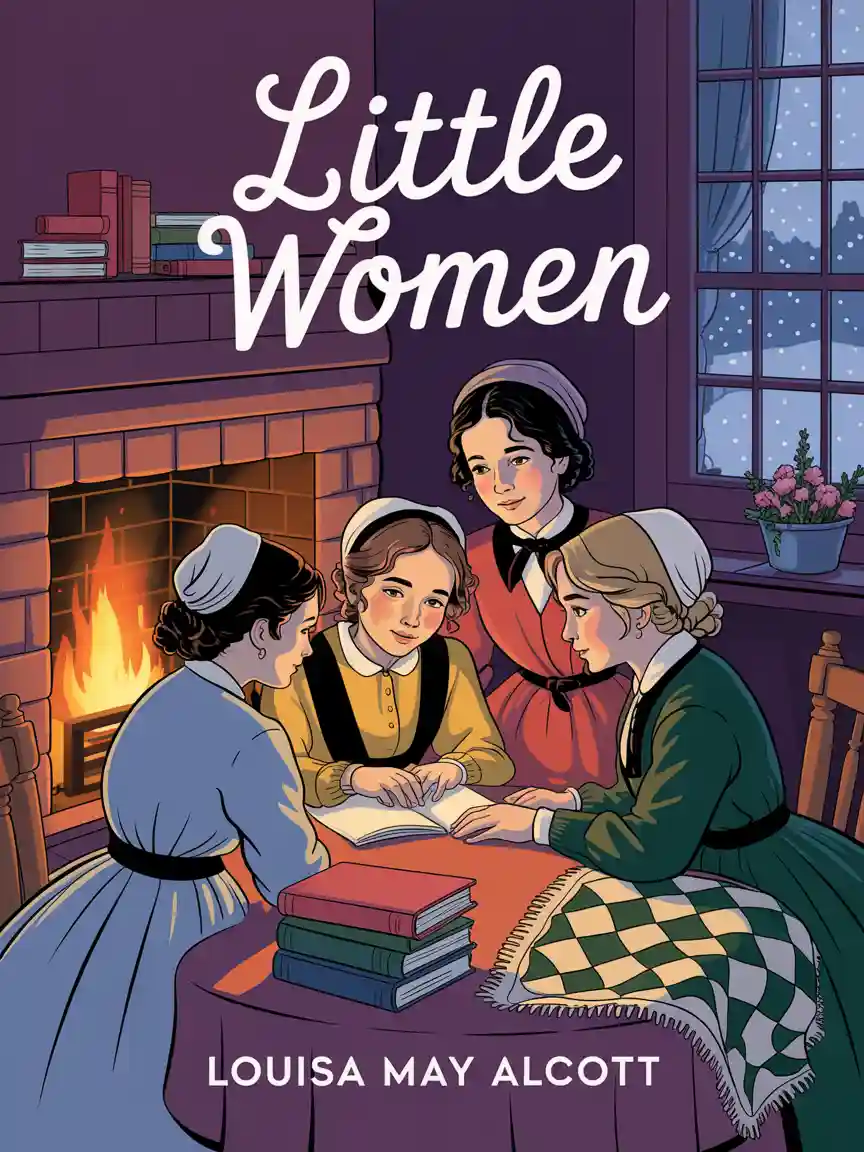XIV
WALKING to church a certain Sunday morning, I had little
Miles at my side and his sister, in advance of us and at Mrs.
Grose’s, well in sight. It was a crisp, clear day, the first of its
order for some time; the night had brought a touch of frost,
and the autumn air, bright and sharp, made the church-bells
almost gay. It was an odd accident of thought that I should
have happened at such a moment to be particularly and very
gratefully struck with the obedience of my little charges.
Why did they never resent my inexorable, my perpetual
society? Something or other had brought nearer home to me
that I had all but pinned the boy to my shawl and that, in the
way our companions were marshalled before me, I might
have appeared to provide against some danger of rebellion. I
was like a gaoler with an eye to possible surprises and
escapes. But all this belonged—I mean their magnificent
little surrender—just to the special array of the facts that
were most abysmal. Turned out for Sunday by his uncle’s
tailor, who had had a free hand and a notion of pretty
waistcoats and of his grand little air, Miles’s whole title to
independence, the rights of his sex and situation, were so
stamped upon him that if he had suddenly struck for freedom
I should have had nothing to say. I was by the strangest of
chances wondering how I should meet him when the
revolution unmistakeably occurred. I call it a revolution
because I now see how, with the word he spoke, the curtain
rose on the last act of my dreadful drama, and the
catastrophe was precipitated. “Look here, my dear, you
91
92 THE TURN OF THE SCREW
know,” he charmingly said, “when in the world, please, am I
going back to school?”
Transcribed here the speech sounds harmless enough,
particularly as uttered in the sweet, high, casual pipe with
which, at all interlocutors, but above all at his eternal
governess, he threw off intonations as if he were tossing
roses. There was something in them that always made one
“catch,” and I caught, at any rate, now so effectually that I
stopped as short as if one of the trees of the park had fallen
across the road. There was something new, on the spot,
between us, and he was perfectly aware that I recognised it,
though, to enable me to do so, he had no need to look a whit
less candid and charming than usual. I could feel in him how
he already, from my at first finding nothing to reply,
perceived the advantage he had gained. I was so slow to find
anything that he had plenty of time, after a minute, to
continue with his suggestive but inconclusive smile: “You
know, my dear, that for a fellow to be with a lady always—
!” His “my dear” was constantly on his lips for me, and
nothing could have expressed more the exact shade of the
sentiment with which I desired to inspire my pupils than its
fond familiarity. It was so respectfully easy.
But, oh, how I felt that at present I must pick my own
phrases! I remember that, to gain time, I tried to laugh, and I
seemed to see in the beautiful face with which he watched
me how ugly and queer I looked. “And always with the same
lady?” I returned.
He neither blenched nor winked. The whole thing was
virtually out between us. “Ah, of course, she’s a jolly,
‘perfect’ lady; but, after all, I’m a fellow, don’t you see?
that’s—well, getting on.”
I lingered there with him an instant ever so kindly.
“Yes, you’re getting on.” Oh, but I felt helpless!
HENRY JAMES 93
I have kept to this day the heartbreaking little idea of
how he seemed to know that and to play with it. “And you
can’t say I’ve not been awfully good, can you?”
I laid my hand on his shoulder, for, though I felt how
much better it would have been to walk on, I was not yet
quite able. “No, I can’t say that, Miles.”
“Except just that one night, you know—!”
“That one night?” I couldn’t look as straight as he.
“Why, when I went down—went out of the house.”
“Oh, yes. But I forget what you did it for.”
“You forget?”—he spoke with the sweet extravagance
of childish reproach. “Why, it was to show you I could!”
“Oh, yes, you could.”
“And I can again.”
I felt that I might, perhaps, after all succeed in keeping
my wits about me. “Certainly. But you won’t.”
“No, not that again. It was nothing.”
“It was nothing,” I said. “But we must go on.”
He resumed our walk with me, passing his hand into my
arm. “Then when am I going back?”
I wore, in turning it over, my most responsible air.
“Were you very happy at school?”
He just considered. “Oh, I’m happy enough anywhere!”
“Well, then,” I quavered, “if you’re just as happy
here—!”
“Ah, but that isn’t everything! Of course you know a
lot—”
“But you hint that you know almost as much?” I risked
as he paused.
“Not half I want to!” Miles honestly professed. “But it
isn’t so much that.”
“What is it, then?”
“Well—I want to see more life.”
94 THE TURN OF THE SCREW
“I see; I see.” We had arrived within sight of the church
and of various persons, including several of the household of
Bly, on their way to it and clustered about the door to see us
go in. I quickened our step; I wanted to get there before the
question between us opened up much further; I reflected
hungrily that, for more than an hour, he would have to be
silent; and I thought with envy of the comparative dusk of
the pew and of the almost spiritual help of the hassock on
which I might bend my knees. I seemed literally to be
running a race with some confusion to which he was about to
reduce me, but I felt that he had got in first when, before we
had even entered the churchyard, he threw out—
“I want my own sort!”
It literally made me bound forward. “There are not
many of your own sort, Miles!” I laughed. “Unless perhaps
dear little Flora!”
“You really compare me to a baby girl?”
This found me singularly weak. “Don’t you, then, love
our sweet Flora?”
“If I didn’t—and you, too; if I didn’t—!” he repeated as
if retreating for a jump, yet leaving his thought so unfinished
that, after we had come into the gate, another stop, which he
imposed on me by the pressure of his arm, had become
inevitable. Mrs. Grose and Flora had passed into the church,
the other worshippers had followed, and we were, for the
minute, alone among the old, thick graves. We had paused,
on the path from the gate, by a low, oblong, table-like tomb.
“Yes. If you didn’t—?”
He looked, while I waited, about at the graves. “Well,
you know what!” But he didn’t move, and he presently
produced something that made me drop straight down on the
stone slab, as if suddenly to rest. “Does my uncle think what
you think?”
HENRY JAMES 95
I markedly rested. “How do you know what I think?”
“Ah, well, of course I don’t; for it strikes me you never
tell me. But I mean does he know?”
“Know what, Miles?”
“Why, the way I’m going on.”
I perceived quickly enough that I could make, to this
inquiry, no answer that would not involve something of a
sacrifice of my employer. Yet it appeared to me that we were
all, at Bly, sufficiently sacrificed to make that venial. “I
don’t think your uncle much cares.”
Miles, on this, stood looking at me. “Then don’t you
think he can be made to?”
“In what way?”
“Why, by his coming down.”
“But who’ll get him to come down?”
“I will!” the boy said with extraordinary brightness and
emphasis. He gave me another look charged with that
expression and then marched off alone into church.




